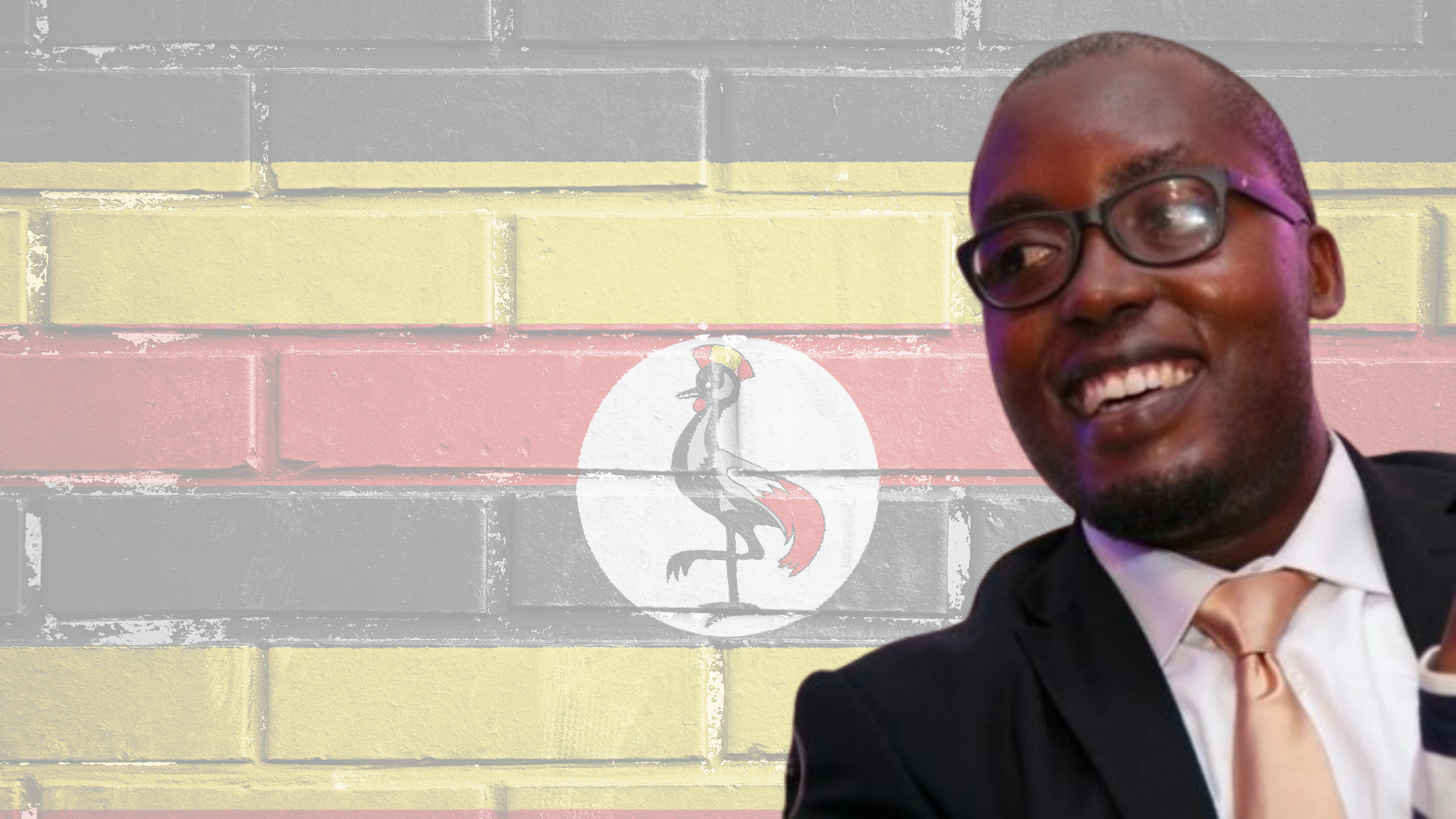The Power of Practical Knowledge.
In my neighborhood - at the height of, and immediately after the Covid-induced lockdown, it has increasingly become common to see new roadside and street corner vendors, petty traders and hawkers spring up almost on a daily basis. These range from fruit and veg peddlers, to the rolex guy at the end of the street. Now, we can debate till the call to evening prayers sounds – on the merits and demerits of this, but let’s leave that for when the bars are finally allowed to re-open.
What is clear though, at least in the case of Uganda, is that this is not an unusual occurrence. Uganda is renowned world over for her entrepreneurial zeal ranking top in several global surveys. There have been a couple of mostly anecdotal reasons as to why this entrepreneurial spirit is rife, with the most compelling or should I say poetic being that this goes back to the turbulent post-colonial 70s and 80s where commodities were scarce, rationing prevalent, and insecurity endemic.
To survive those uncertain and harsh times, the average Ugandan who wanted to access some basic commodities or socialise was safer doing so within their immediate neighborhood in what famously came to be referred to as kafunda or bufunda (plural). Within these confines (coincidently, the word Kafunda means a confined space), local traders of the time most of whom doubled as smugglers quickly latched onto this opportunity and set up or retrofitted their small shops to double as pubs, meeting points, cash transit hubs, and in some cases accommodation facilities. The ‘kafunda’ offered a secure and secluded place where one would quickly dash to restock on home supplies, often with the option of doing so on credit – since they were more likely to be known by the retailer - and also because cash was hard to come by at the time; but equally, the Kafunda was a sort of safe haven where ordinary folk could sit and dissect the turbulence of the times without fear of being picked up by prying security agents. Long story short, the Kafunda has since become a mainstay of Uganda’s economy.
Based on this rationale, it is not new therefore that we as Ugandans today when faced with another period of uncertainty have reverted to the ‘Kafunda way’ for our immediate economic relief.
There has been a debate over the years on the viability of the Kafunda or what economists refer to broadly as micro enterprise and its overall impact in realizing long term economic transformation for emerging economies like ours. This without doubt is a relevant discussion for a country where micro enterprises (those with fewer than five employees) dominate the formal labour market, providing 60% of the total jobs, compared to the larger firms that account for only 12% of total jobs.
What is not in doubt however, is the practical knowledge that comes with operating a Kafunda. By practical knowledge in this case, I mean the kind required, say, to run a Kiosk in Ndeeba or grow coffee on a small plot in Kanungu. Knowledge of this kind is both fleeting (what was true last week may not be true this week) and local (what is true of running a Kiosk in Ntinda may not be true in Pader), and therefore cannot be taught as a standard practice in economics class or written down as a user manual. This knowledge can only be acquired through lived experiences and is without doubt an invaluable and significant contributor to building of any economy. Let’s just say, it is the best version of on-job training for budding businessmen and women in an economy that doesn’t have enough on-job training opportunities and facilities (industries, factories etc). Unfortunately, practical knowledge can be unforgivingly harsh. In Uganda’s case for example, up to 60% of businesses in some sectors do not making it past their first birthday. On the plus side however, micro enterprise remains the most significant driver of Uganda’s economic innovation, employment and wealth creation across various sectors. In other words, it can be pleasantly rewarding as well.
While therefore it is healthy to have a broader discussion of the trajectory that a society should take in fast tracking its economic growth, we should never lose sight of the fact that we live in a world where each person’s knowledge amounts to a speck in an ocean of ignorance – and that at the end of the day, the most fundamental decision is not what decision to make but who is to make it. We need therefore to creatively pick the lessons that come with running a Kafunda, and apply them to our economic development discussions.
I can’t claim to have an answer to how this can be achieved, but all I know is that Mama Salima who supplies me fresh fruit every week has a wealth of business knowledge that we can’t afford to ignore.
.png)


